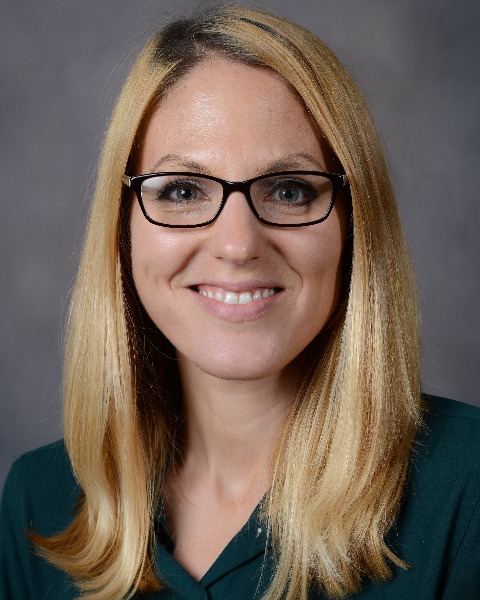Extension Education Evaluation
Evaluating Extension Programs from a DEI Lens with Examples from the National Youth Retention Study
-

Meggan Franks, M.B.A.
Organizational Development Specialist
LSU AgCenter, United States -
SH
Sarah Hensley, Ph.D.
Evaluation Specialist
University of Florida, United States
Presenter(s)
Location: Room 203
Abstract Information: The youth population across the United States is becoming increasingly diverse, as Latino families are estimated to comprise 29% of the U.S. population by 2060. 4-H Youth Development, a focal area of Extension programming, is currently the largest youth-serving organization in the United States. Recognizing that equitable evaluation is an emerging area of work in Extension programs, and that there is a growing need for evaluation practices that promote diverse, equitable, and inclusive programming, this session aims to grow the discussion and provide a relevant example of evaluating Extension programs from a DEI perspective. Utilizing the multi-state youth retention research team's current work on investigating predictors of first-year 4-H families' intention to re-enroll, and how the predictors differ across different race and ethnicity groups, this session will provide an increased understanding of the differences in expectations, needs, and values across the different populations of people that we serve. Participants in this session will learn the process the multi-state youth retention study team developed in evaluating multi-state re-enrollment from a DEI lens and how to apply the same approach in future Extension program evaluations, thus paving the way for more equitable and inclusive Extension programming that meets the needs of our increasingly diverse U.S. population.
Relevance Statement: Created for the healthy development of rural American youth at the turn of the 20th century, 4-H is currently the largest youth-serving organization in the United States, with over 6 million youth members. Like all Extension programs nationwide, the demographics of 4-H are changing as the national youth population becomes increasingly more diverse. For example, research estimates that by 2060 Latino families will comprise 29% of the U.S. population. Equitable evaluation is an emerging area of work in Extension programs, and there is a growing need for evaluation practices that promote diverse, equitable, and inclusive programming as the people that we serve are becoming increasingly more diverse. Additionally, given the diverse experiences of families in the U.S., there is an opportunity to create more inclusive community programs that adequately address the needs and values of marginalized youth populations and their families. This session aims to contribute to the discussion and help Extension programs better meet the needs of diverse communities by providing a relevant example of evaluating Extension programs from a DEI perspective utilizing the multi-state youth retention study. The multi-state youth retention team used a cross-sectional study design which surveyed first-year 4-H families (n=4,823) who participated in programs between 2015-2018 from California, Idaho, Montana, New Jersey, Wyoming, Florida, Louisiana, Washington, and Missouri. Additionally, the study was guided by ecological theory, which explains that parents and youth interact within various environments, such as community programs and schools. These environments are also embedded within larger environments, such as local communities and governments. Ecological theory assumes that individuals interact with each other and their various ecologies directly or indirectly throughout their life. Utilizing the multi-state youth retention research team's work on investigating predictors of first-year 4-H families' intention to re-enroll, and how the predictors differ across race and ethnic groups, provides an increased understanding of the differences in expectations, needs, and values across each unique population of people. This session has implications for both theory and practice by providing a framework and relevant example of how U.S. Extension can evaluate programming from a DEI perspective to create more inclusive, equitable, and effective programming. Furthermore, this session aligns with guiding principles by contributing to the common good and creating a more equitable and just society. Participants in this session will learn the process the YRS team developed in evaluating multi-state 4-H re-enrollment from a DEI lens and how to apply the same approach in future program evaluations, thus paving the way for more equitable and inclusive Extension programming.
